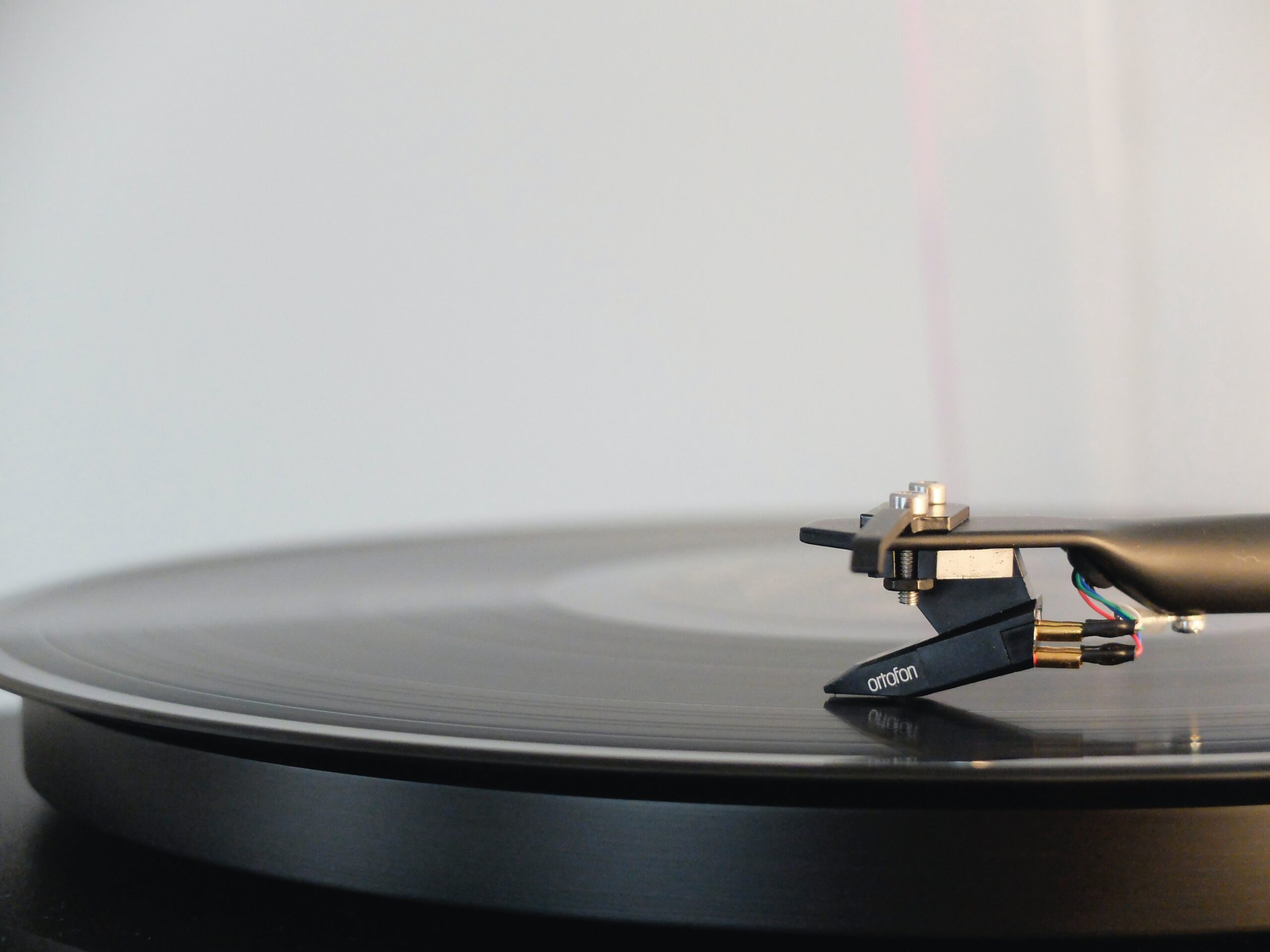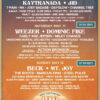by Kristle Adler

Sitting in the sand a couple of feet from the shore, I watch the sherbert-colored sky as the sun sinks into the Redondo waters. It’s a little windy, but the last beams of the day are keeping me just warm enough. The waves crashing back and forth are constant and consistent, giving me a sense of security because I know what to expect- I know they will come and go, one after another, just as they did when I was a kid. For a moment, I feel perfectly peaceful. My anxiety is bad today, but listening to music alone on the beach is where I find solace. There’s something about listening to Cheap Trick’s “The Flame”, staring off into the Pacific, that pulverizes my negative thoughts.
Music has always been a form of therapy for me, but even more so during the pandemic. Since the COVID-19 surge in March, we have all experienced unprecedented shut-downs of restaurants, movie theatres, and concerts. For the first time, we couldn’t gather with our friends and family. Just going out to dinner with my sister for a reprieve is no longer an option? How dare you.
At first, it was a culture shock, but we all accepted it hoping that it would be over soon, and some of us were naïve enough to think that it would be. Reality set in once July came around and we were once again shut down. I was able to get a little treat dining out in Laguna in June for my birthday, though, when restaurants opened briefly- just to be taken away once more and back to the four walls of our rooms.
My anxiety is bad today, but listening to music alone on the beach is where I find solace. There’s something about listening to Cheap Trick’s “The Flame”, staring off into the Pacific, that pulverizes my negative thoughts.
For someone like me who struggles with anxiety, these shutdowns have put a strain on my mental health. The isolation and uncertainty make me feel hopeless and like I am just going through the motions. My specific type of anxiety comes along with a dose of what is known as “intrusive thoughts”- unwanted thoughts I can not control that come out of nowhere, and they play the worst images in your mind you can imagine-things you can’t even speak of.
I thought I was crazy for a long time, until I found a therapist, divulged my deepest, darkest secrets, and learned that I was struggling with Obsessive Compulsive Disorder-OCD. OCD is an anxiety disorder that causes deep emotional distress and fears about situations in life that may even seem to the sufferer as irrational or silly. In reality, these obsessions are very real to the sufferer and for so long, I felt like I was battling an invisible army.
“OCD?! I don’t understand,” I told my therapist. “I don’t wash my hands excessively, I’m not afraid to come out of my room! I’m not afraid of germs!”
What in the name of Howard Hughes was my therapist talking about? That’s when I learned that OCD is an umbrella that covers many sub-divisions of OCD. So, there are different kinds of OCD. Mine was OCD with intrusive thoughts and the thoughts were doing exactly that-intruding my mind. Not only are there subdivisions of OCD, but there are even subdivisions of the subdivisions- different categories of intrusive thoughts. Some may experience thoughts of pedophilia, negative thoughts towards their respective Gods, or even thoughts about viciously killing someone they love- I know, it sounds scary. People who have these thoughts are not likely to ever act out these thoughts. Real perpetrators wouldn’t have anxiety about these terrible thoughts, so in a sense, intrusive thoughts are JUST a manifestation of what you actually fear the most. Hang in there, I know that was a little convoluted.

Once I get a thought in my mind, I may not be able to shake it and it leaves me feeling defeated and at times, my mind believes I actually carried out that act. It can be debilitating and take a physical toll on you. There were times where I had such an unwanted, disturbing thought, that I missed work the next day, staying in bed because of the guilt I felt forever having a thought like that.
The problem is that most people have disturbing thoughts, but non-sufferers, they are able to let the thoughts pass. People with OCD are unable to let go of the thought and it gets stuck in your head like a bad song and refuses to leave. You WANT it to go away, but oh no, it’s camping out for a bit.
So, driving on the 91 Freeway, I’m minding my own business, and then oh no! My mind plays an image of me driving my car off of the embankment, like Mr. Magoo-say what? This thought can leave me feeling like I will actually do it (although I never would do that), but the thought really makes you believe that you could. It is a form of the “Obsession” part of OCD. So how do I wrestle these thoughts? After I get the unpleasant thought, I obsess about it asking myself repeatedly over and over, “Would I do that? Could I do that? Why would I ever think I would do something like that? No, I’d never do that. I’d never do that. I’d never do that.”
According to the National Alliance on Mental Illness (NAMI), Obsessions are intrusive, irrational thoughts or impulses that repeatedly occur. People with these disorders know these thoughts are irrational but are afraid that somehow they might be true.
When something makes us feel bad, as humans, we try to do whatever we can to ease our suffering. Enter Compulsions.
NAMI says Compulsions are repetitive acts that temporarily relieve the stress brought on by an obsession. People with these disorders know that these rituals don’t make sense but feel they must perform them to relieve the anxiety and, in some cases, to prevent something bad from happening.
For me, this means counting repeatedly in my head to relieve my anxiety, and “checking” which means checking my thoughts to make sure I was indeed repulsed by the image. OCD is a very complex issue that puts the sufferer in extreme self-doubt. Sometimes music is my only escape from these intrusions because it medicates my mind.
People with OCD are unable to let go of the thought and it gets stuck in your head like a bad song and refuses to leave. You WANT it to go away, but oh no, it’s camping out for a bit.
The pandemic is hard on everyone, but for me, as an extravert, the isolation has become unbearable and has increased my anxiety. I feed off people and get energy from being around them, so add in a dash of OCD with intrusive thoughts, and it’s the perfect recipe for a depressive state.
Music has been my saving grace in this pandemic- in moments when my unwanted thoughts or anxieties get the best of me, I turn on my music. Dido gets me through it when I am feeling emotional, her low tones and enchanting melodies ease my soul. When I am feeling hurt, I put Tupac on. Tupac got me through my high school years and he speaks to me when I’m struggling. I throw in some tunes by the Cure when I am feeling nostalgic. As soon as I hear “Lovesong”, I feel my anxiety fade away. The music steps in and fills that space in my head, blocking out any intrusive thoughts trying to infiltrate. This pandemic has stolen my social life and my outlet. Being around people, laughing, going to events, and socializing, in general, are what keep me sane. To have that taken away has been trying on my mental health, as it has been for so many others, so we all find different ways of coping and many have turned to music. The most fascinating thing about people using music to cope is how different peoples’ tastes are.
Tristan Zelden, a junior at CSUF, has also struggled with mental illness, and although he says he hasn’t been officially diagnosed, says that music helps his anxiety and depression.
“Music is my biggest coping mechanism,” he says. “Without it, I seriously don’t know where I would be because my depression was so bad in my early teens.”
Zelden says that not being able to go out with friends and attend concerts has bummed him out, but music continues to help. It may seem odd to some that his choice of music therapy is on the heavy metal side, considering that heavy metal lyrics can be negative in nature. But, music is music, and if speaks to you, that’s a beautiful thing. Artists like Slipknot, Whitechapel, Carnifex, and Beartooth have given Zelden the “raw” and “relatable” emotion that has helped him through his anxiety and depression.
“To me, it is the rawest emotion you can get out of any genre of music, and it delivers the most empowering feeling out of anything I have experienced in my life.”
This is of course not to say that music is solely suitable for your healing- your personal healing may need to be aided with therapy (like for myself) and/or medication. It is always advisable to speak with your doctor to find out what treatment is best for you. It’s time to educate and reduce the stigma. None of us who are sparring with mental illness ever asked for this. It’s not like we woke up one day, and said, “Hmmm…From now on, I’d like to worry about every aspect of my life.”

Music is healing, it could be blasting Disturbed while driving, or crying in the bathtub to Celine Dion (like my brother), but no matter your choice, as long as it heals you, embrace it. Like Bob Marley said, “One good thing about music, is that when it hits you, you feel no pain.”
National Suicide Prevention Hotline- 800-273-8255
CSUF Student Health & Counseling Center on CAPS (Free Mental Health Resource for CSUF Students- (657) 278-3040
References- NAMI- Obsessive-compulsive Disorder | NAMI: National Alliance on Mental Illness
Bob Marley, “Trench Town Rock” Quote- https://youtu.be/jbHLBAWbBQ
Check out Piece Of Mind on Titanradio.org
Fridays @ 2pm



